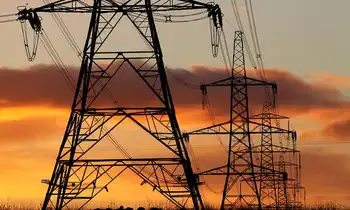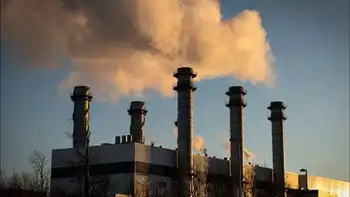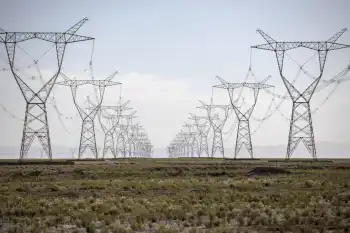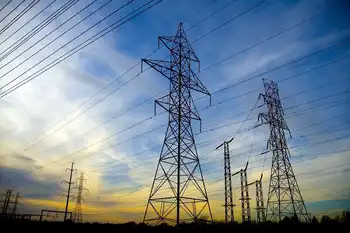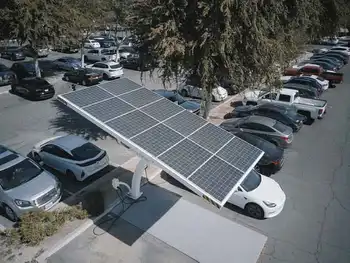Regulation vital for fuelcell boom, says developer
By Reuters
High Voltage Maintenance Training Online
Our customized live online or in‑person group training can be delivered to your staff at your location.

- Live Online
- 12 hours Instructor-led
- Group Training Available
Hydrogen fuel cells are still developmental for the colossal markets but there is commercial market today for forklift trucks and telecom tower backup power systems, Martin Green, strategic fuel cell development director at Johnson Matthey, told Reuters.
Supporters see hydrogen fuel cell technology as a way to reduce dependence on oil and lower carbon dioxide emissions because it combines stored hydrogen with oxygen to produce electricity, giving off water vapor as a byproduct.
Fuel cells cars are not yet commercial. Hyundai Motor Co. plans to launch them in 2013, while Honda Motor Co. aims to launch a small number by 2015.
Advocates estimate that 510 million fuel cell cars will be on the roads within 15 years but uptake will take a long time without regulation to force it along, Green said.
Diesel car penetration took 40 years to get 50 percent in Europe. These sorts of transitions take a long time unless regulation is there, he said.
In the United States, California has a zero emission vehicle mandate that requires carmarkers to put 7,500 fuel cell or electric vehicles on the road in 20122015.
There is a correlation between serious developers and those under the mandate. They will launch by 2015 because they have to, they are regulated to, he said.
In the UK, alternative fuel and electric cars are exempt from paying the London congestion charge, which forces drivers to pay a fee to drive through the center of the city.
London is the single biggest market for hybrid cars. When fuel cell vehicles exist, policies such as that could have a significant impact on getting them on the road, Green said.
The company won 500,000 pounds US $763,500 from the UK government this year for a 2 million pound project to develop catalyst components which form the heart of a fuel cell.
Materials handling, portable battery chargers and backup power for telecoms towers currently drive demand, Green said.
Around 400,000 telecoms towers are erected every year, which could translate into a potentially huge market.
Even Canadian fuel cell pioneer Ballard Power Systems Inc. has shifted its focus from car supply to backup power systems and forklifts.
Fuel cell cars have a greater driving range than electric vehicles and do not have to be recharged. But there are disadvantages.
It is still too expensive. It would be $20,000 intrinsic cost into the vehicle rather than $5,000, Green said.
Other obstacles include sourcing the hydrogen, storing it, distributing it and developing a filling station infrastructure.
Electric vehicles, which have benefitted from incentives and new models, could also pose competition.
It is too soon to say which one will win. In the very long term one will. But for the next 20 to 30 years both will exist, Green said.





